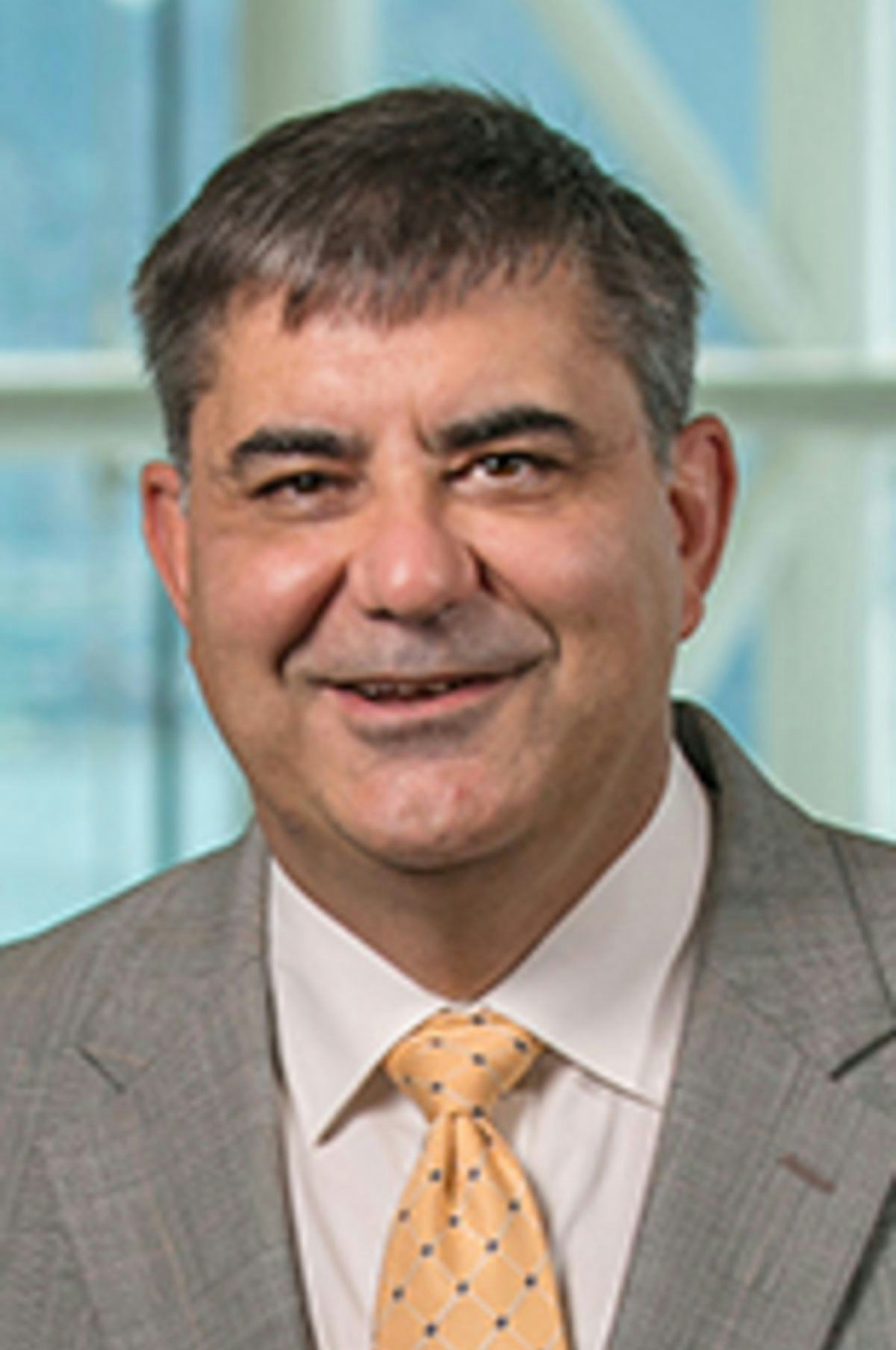With CFP Designation, Stevens Ensures Wealth Management Programs Prepare Tomorrow's 'Financial Navy SEALs'
School of Business Earns Important Approval for Graduate Programs in Financial Planning
The School of Business at Stevens Institute of Technology has received an important designation from the Certified Financial Planning Board for two new graduate financial planning programs offered at the school.
Approval from the CFP Board is considered the most prestigious designation for academic programs in the financial planning space and indicates that graduates of such programs are qualified to sit for the CFP exam.
In approving Stevens’ graduate certificate and concentration — offered as part of the master’s in Finance — in Financial Planning, the CFP Board was impressed by Stevens’ technology emphasis, according to Dr. James Biagi, associate teaching professor and director of the Stevens CFP program. Biagi said the infusion of analytics into the core CFP subject areas — financial planning, estate planning, investments, insurance and taxation — gives students a more “holistic view” of financial services.
“It’s very different than any other CFP program,” Biagi said. “Stevens students are going to have a far better understanding of analytics and more in-depth knowledge of how the markets function, so they are better prepared to give advice.”
Offering CFP programs that infuse technology into a wealth management education is a key part of the vision Sean Hanlon ’80 had when he and his wife, Cathy, established the Hanlon Financial Systems Center at Stevens in 2012. Hanlon calls these Stevens-educated wealth managers of tomorrow “financial Navy SEALs,” whose critical-thinking skills and technical expertise will help them create innovative financial solutions for clients.
“Stevens has this phenomenal technical foundation, with the business school and the financial systems center both building off that,” Hanlon said. “The new financial planning program is the cherry on top.”
Dr. Michael zur Muehlen, associate dean of the graduate division at the School of Business, praised the work of faculty like Dr. Biagi and Dr. Germán Creamer, academic program coordinator of the graduate Finance degree, in working with the CFP Board to earn this designation.
“Our faculty are good at recognizing opportunities to work with groups like CFP to ensure our curricula give students the future orientation required of leaders,” Dr. zur Muehlen said. “Today’s finance professionals want degrees that prepare them for the world of today, but also the world 10 or 20 years from now, one defined by constant and dramatic change. This designation is an important part of how we prepare finance students for that future.”
Finance-focused programs at Stevens
Finance programs have come to represent a large, and still growing, piece of Stevens’ academic portfolio. The degree in Quantitative Finance is one of a handful of undergraduate programs of its kind, with graduates in extremely high demand on Wall Street for their blend of finance, computer science, math, problem-solving and business skills. At the graduate level, master’s degrees in Finance, Financial Engineering and Financial Analytics, along with a doctoral program in Financial Engineering, prepare students to use technology to create algorithms, analyze vast data sets and think quantitatively about new kinds of tech-driven problems.
Crucial to Stevens’ ability to educate those future leaders is the Hanlon Financial Systems Center. In these two financial analytics and data visualization labs, students and faculty researchers enjoy access to state-of-the-art software tools that challenge them to gather data, collaborate effectively and think critically about their conclusions.
Hanlon, who earned a degree in Mechanical Engineering from Stevens and is also a CFP certificant, is in a unique position to know. He is founder, CEO and co-chief investment officer of wealth management, asset management and fintech firm Hanlon Investment Management. He sees firsthand how important technology is in the field of financial services, which is why he wants Stevens to “educate and equip the wealth managers of tomorrow.”
“They don’t necessarily need to be subject matter experts in writing code, but they at least need to be familiar with it,” he said.
Many in the investment management space see professionals quickly being displaced by technology, as better algorithms and smarter machines make for savvy robo-advisors that are capable of managing portfolios for investors.
Not so fast, Hanlon said.
“Wealth management is so personal that a human touch is really important — and artificial intelligence is still a long way from being able to handle the types of questions that clients have,” he said. “It’s so important in society to have good financial advisors who are really well educated, and this CFP program prepares Stevens students to meet that need.”
School of Business Master's in finance Hanlon Financial Systems Center



